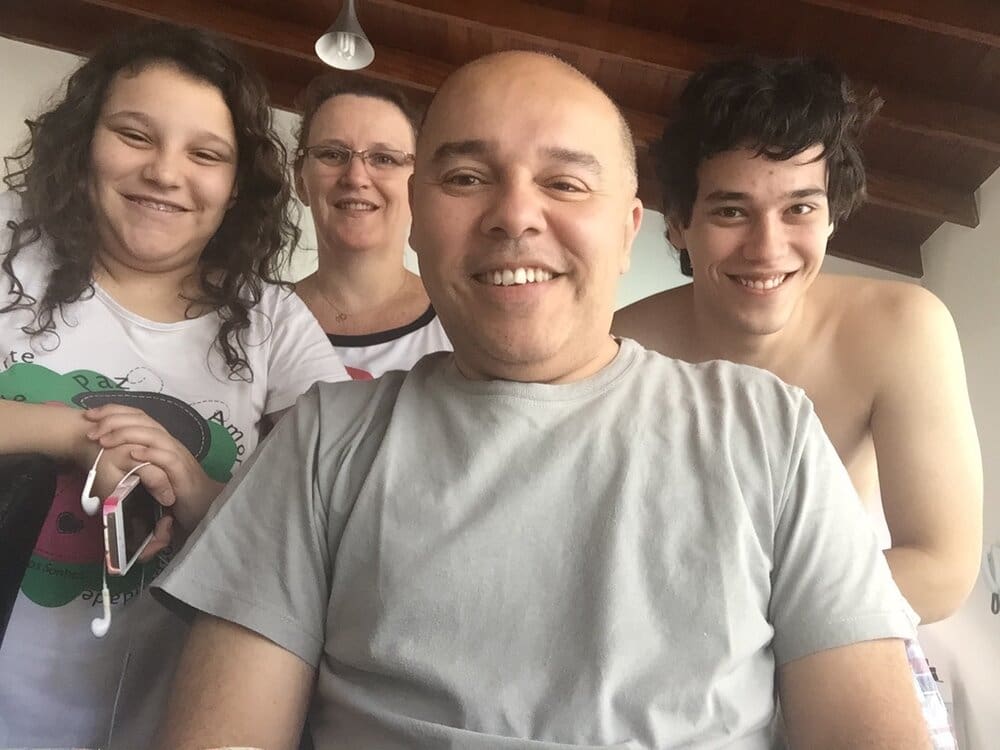October 15, 2020
Edson S.

Edson S.
Ourinhos, SP Brazil
Why I joined ARCC?
My country, Brazil, is considered the most mixed on the planet. With a population of 211 million people, divided into 10 ethnic groups. In a nutshell: indigenous natives (-1%) to yellow (1.1%), Afro-descendants (7%), mixed races (43%) and white people (48%). Brazilians have always been proud of that and considered the country to be a racial democracy. Historical facts: as we look back, we learn that when migrating the slavery of indigenous natives to African descendant people Portuguese colonial Brazil and later as Brazilian empire was the largest importer of slaves from Africa, seven times more than the USA and the latest country in the Western Hemisphere to abolish slavery. Another important disturbing point: during the 1930’s, the government encouraged and welcomed a large number of European immigrants, as it considered a non-white population to be a threat, blocking the arrival of Asians and Africans. What I want to illustrate here is that Brazil, a young country, with a strong slave base was determined to be mainly a one skin colour land. The figures above show that this was not possible, given the growth of the population, but the way that society over the years has made explicit the silent segregation, denying the existence of racism. Non-white people are excluded entirely from job offers, vacancies in schools and universities, positions in official agencies and companies. Quota programs and anti-racist laws, conquered in recent decades, have been ineffective in reducing persistent societal racism. More recently, with the rise of radicals in the government and under the strong influence of racist leaders from other countries, violence has increased. It went from open humiliation and racial harassment, to civil and police violence and murder. There was never a limit to be crossed. Racism is a sleeping ember waiting to be blowned to gain strength. We need to fight against it. Talking about racism at home with our relatives is no longer enough. We are joining ARCC and we commit to act from here where we are, but globally to treat racism as a disease and eradicate it for the sake of the next generations.

